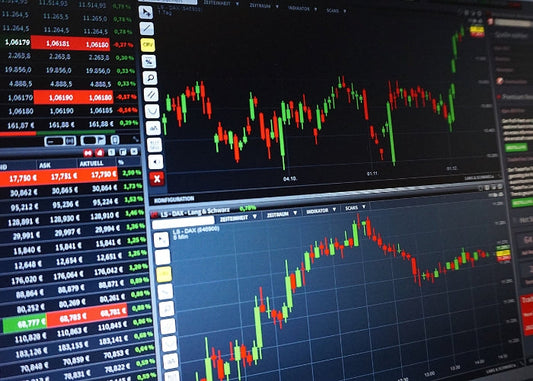What are the strategies for financial safety on rainy days?

Preparing for financial emergencies is just as important as bracing for stormy weather. Rainy day finance entails establishing a financial safety net to weather unexpected circumstances. From sudden job loss to medical emergencies, having a reliable plan in place can provide peace of mind and safeguard your financial well-being. In this article, we’ll delve into the significance of rainy days in finance and focus on some practical strategies that may help you build and maintain a secure financial umbrella.
1. The Significance of Rainy Day in Finance:
Rainy day funds are indispensable in an unpredictable world. They act as a cushion, offering a financial safety net during challenging times. Whether it’s covering essential expenses or avoiding high-interest loans, a rainy day fund empowers you to manage your financial future. By preparing for emergencies, you can reduce stress and secure your financial well-being.2. Establishing Your Rainy Day Fund:
- Determine the Ideal Amount: Experts recommend saving three to six months’ worth of living expenses. Calculate the target amount required to comfortably sustain you during emergencies.
- Begin with Small Steps: Building a rainy day fund might seem daunting if you’re living paycheck to paycheck. Start by setting aside a small percentage of your income each month, even if it’s just a small amount. Consistency is key, and over time, you can incrementally increase your savings.
- Automate Savings: Simplify the saving process by setting up automatic transfers from your checking account to a designated rainy day fund. This ensures regular contributions without the need for constant manual effort.
- Trim Unnecessary Expenses: Assess your spending habits and identify areas where you can cut unnecessary costs. Small adjustments, such as reducing dining out or cancelling unused subscriptions, can accumulate and boost your savings significantly.
3. Safeguarding Your Rainy Day Fund:
- Separate Account: Open a dedicated bank account for your rainy day fund. Separating it from your regular accounts deters the temptation to dip into it for non-emergency expenses.
- Reserve for Emergencies Only: Train yourself to use the fund strictly for genuine emergencies. Define emergency criteria and adhere to them. Although a weekend getaway or a new gadget may entice you, prioritize the long-term security of your finances.
- Regular Reviews: Periodically assess the progress of your rainy day fund and make necessary adjustments. Changes in living expenses, income, or family size may warrant a re-evaluation of your target amount.
4. Enhancing Your Rainy Day Fund:
- Exploring Additional Income: Consider diversifying your income streams through freelancing, part-time work, or monetizing a hobby. Supplementing your earnings can expedite your savings and provide an extra layer of financial security.
- Debt Management: Prioritize paying off high-interest debts, such as credit cards or personal loans. Reducing your debt burden frees up funds to strengthen your rainy day savings.
This material is provided for informational purposes only and does not constitute financial, investment or other advice. No opinion contained in this material constitutes a recommendation by Trive Financial Services Malta Limited or its author as to any particular investment, transaction or investment strategy and should not be relied upon in making any investment decision. In particular, the information does not take into account the individual investment objectives or financial circumstances of the individual investor. Trive Financial Services Malta Limited shall not be liable for any loss, damage or injury arising from the use of this information.
Comments
No comments
Leave a comment
Your Email Address Will Not Be Published.
Related articles
Home
Trive
TriveHub
TriveHub, where financial empowerment begins.
Explore our comprehensive financial education platform, where market insights, expert guidance, and premium content come together to shape your investment journey. Whether it's stocks, currencies, or cryptocurrencies that pique your interest, we provide the knowledge you need to make informed decisions.
All financial products traded on margin carry a high degree of risk to your capital. They are not suited to all investors, and you can lose more than your initial deposit. Please ensure that you fully understand the risks involved and seek independent advice if necessary. For further information, please see our full Risk Disclosure, Terms of Business, and Privacy Policy.
We use cookies to support features like login and allow trusted media partners to analyze aggregated site usage. Keep cookies enabled to enjoy the full site experience. By browsing our site with cookies enabled, you are agreeing to their use. Review our cookie information for more details.
This website (trivehub.com) belongs to Trive International, and it is the registered trademark of Trive International Ltd. Trive International Ltd. is authorized and regulated by the British Virgin Islands’ financial authority, named Financial Services Commission (“FSC BVI"), under the company number 1728826 and license number BVI SIBA/L/14/1066.





0 comments